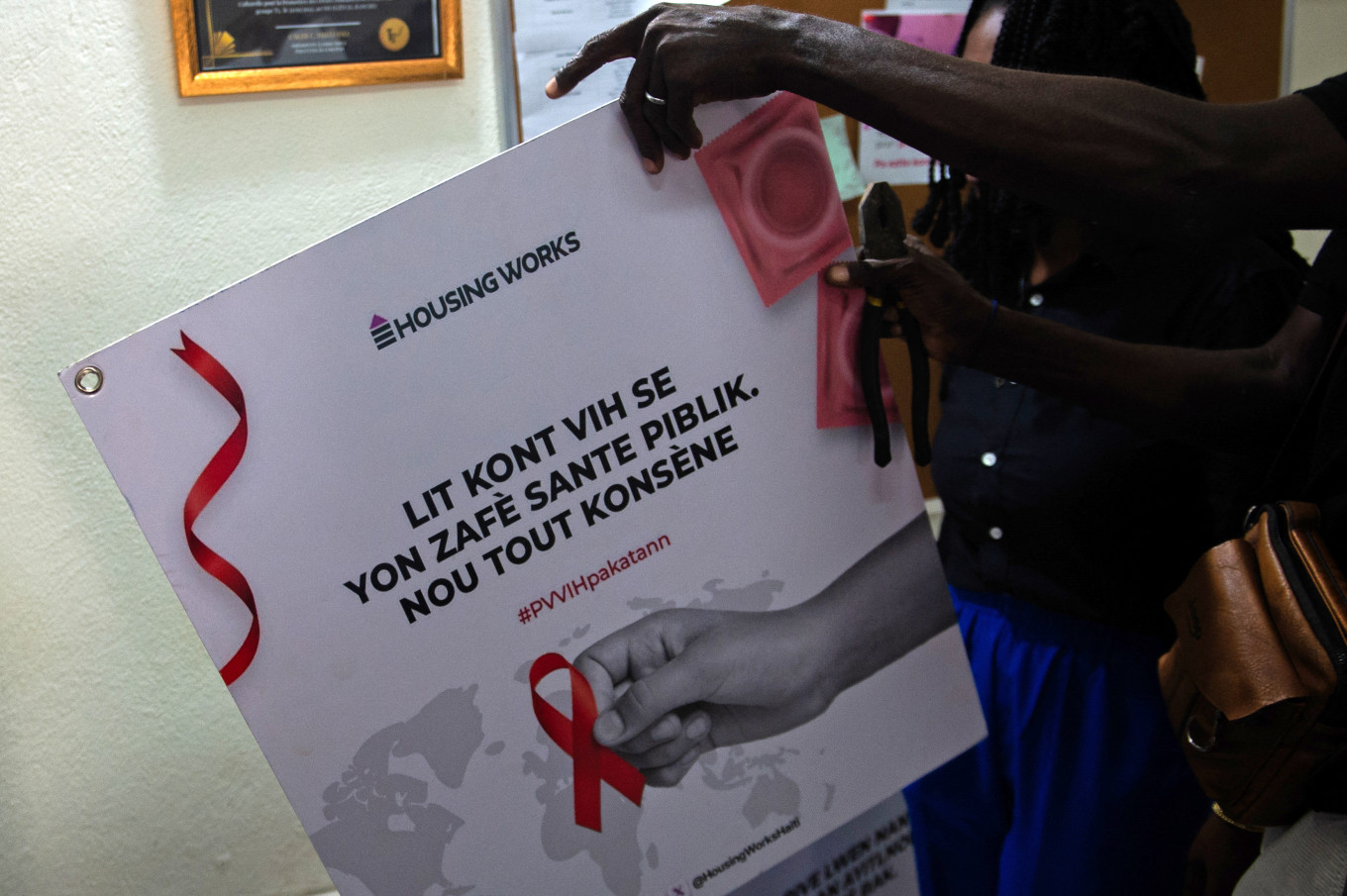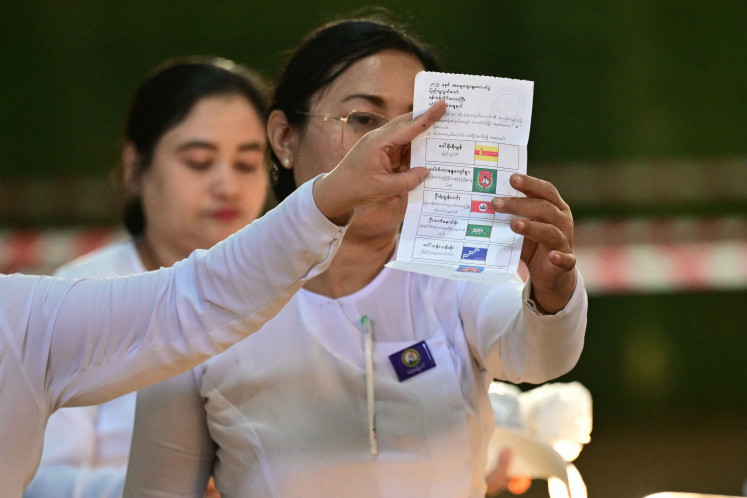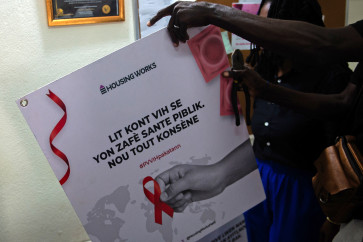Popular Reads
Top Results
Can't find what you're looking for?
View all search resultsPopular Reads
Top Results
Can't find what you're looking for?
View all search resultsRebuilding the aid consensus
A political landscape increasingly dominated by right-wing sentiment has decimated Western aid spending, but the UK can still take greater leadership in today's global challenges, which require international cooperation by definition as well as the humanity that binds all peoples.
Change text size
Gift Premium Articles
to Anyone
I
n 2015, the United Kingdom’s then-prime minister, David Cameron, stood before the United Nations General Assembly and challenged other donor countries to follow the UK’s lead and back the newly minted Sustainable Development Goals (SDGs) for eradicating poverty with their aid money: “We haven’t just achieved the UN’s 0.7 percent [aid-to-GNI spending] target, we’ve enshrined it in law,” he declared.
That was then. As heir to an extraordinary bipartisan consensus forged under the post-1997 Labour government, Cameron’s Conservative government had established Britain as the most generous aid donor in the Group of Seven and one of just four countries to meet the 0.7 percent aid target. Now, a Labour government has torn up the remnants of that consensus, joined a global attack on aid and set a course that will leave the UK among the world’s least generous countries.
The fact that a UK government led by the Labour Party, with its long tradition of internationalism and solidarity, has all but abandoned its leadership role on an issue encoded in its DNA illustrates the political forces shaping a new world order, notably United States President Donald Trump’s view of international cooperation as a zero-sum game played by losers.
But it also challenges development advocates in the UK to focus on strategies aimed at minimizing harm and rebuilding the case for aid.
Ahead of a meeting with Trump, British Prime Minister Keir Starmer announced the decision to cut foreign aid and channel the savings to an expanded defense budget. The aid budget is set to fall from 0.5 percent to 0.3 percent of gross national income (GNI), the lowest level since the late 1990s. After removing roughly one-quarter of the official development assistance (ODA) spent on refugees in the UK, Britain will slip from ninth to 22nd in a ranking of countries’ ODA as a share of GNI.
While there has been opposition to the aid cuts, a new consensus has taken root.
Conservative leader Kemi Badenoch applauded the decision to convert ODA into defense spending. The election manifesto of far-right party Reform UK called for the aid budget to be halved. When development minister Jenny Chapman delivered ODA’s death warrant, she told a parliamentary committee in May that “the days of viewing the UK government as a global charity are over”.



















